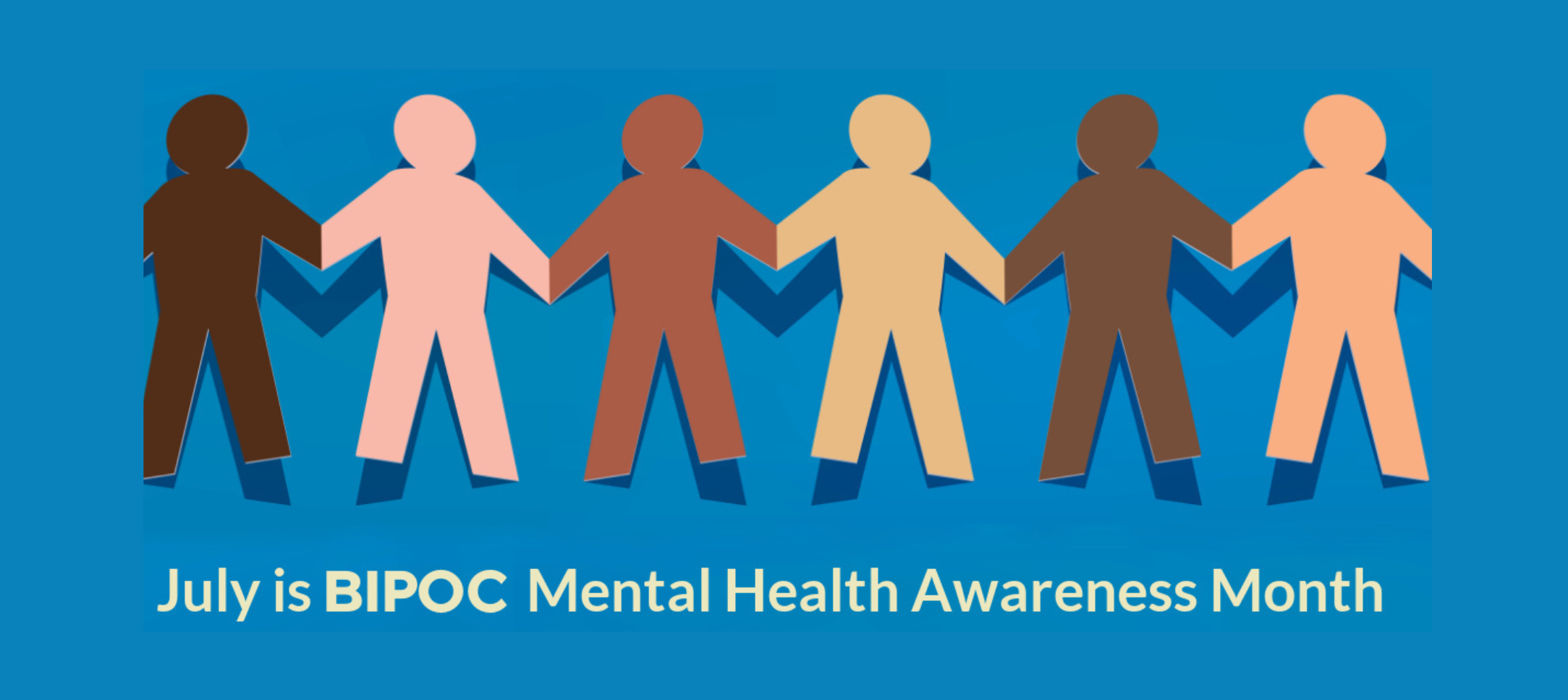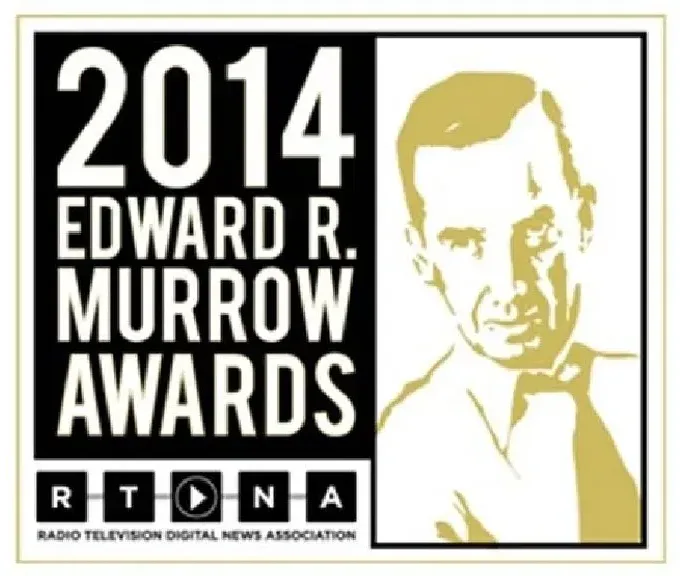You hear it from celebrities, your coworker, your cousin: “I am color-blind,” or “I am raising my children not to see color.” I have a cognitively dissonant reaction to those statements: sentimental agreement, but also dismay.
When I hear such proclamations, I try to figure out what it means to be “color-blind.” All my life I have been reminded that I am black, and that’s not a bad thing. When I walk through gentrified Northeast Portland (where I grew up before it was trendy), I am reminded that I am black; when I show up to job interviews, I am reminded that I am black; when the government asked me to check my race for the Census Bureau, I am reminded that I am black; when Trayvon Martin was killed, I was reminded that I am black. When you tell me you are “color-blind,” I am reminded I am black. Even with good intentions, “color-blind” is a term that reminds us that not all people are treated equally. It’s a term of avoidance: visionless, with disregard for the struggles that still exist across the U.S. and in the City of Portland.
I want you to take notice of my brown skin because I am proud of it. I am not “color- blind.” I see that Portland City Council members are all white, and I see that a successful interim Multnomah County Chair is Latina, and that African Americans historically competed to oust another African American from her Multnomah County District 2 seat.
Stop telling me you are “color-blind” and then discuss diversity in Portland, because you just told me you notice 6.4% of African Americans, 9.4% Hispanic or Latinos and 76.1% white people live in the City of Portland, but you don’t really notice it, or my brown skin. I am actually clear that because you are color-blind, but not legally, it’s just a phrase you picked up, so you (with good intentions) self-diagnosed yourself as “color-blind.” To you, it sounds politically correct and intelligent, and you hear your black friends use it. I proved you can’t be “color-blind” because you just thought about your black friend who uses the term. It is therefore impossible, and you are very aware – like when you noticed this article was written by a black person.
“Color-blind” is being culturally blind, which is dismissive of my heritage and yours. We need awareness not blindness. “Color-blind” got us Donald Sterling, and awareness got us the Civil Rights Act of 1964. “Color-blind” got us gentrification; awareness got us a black President.
- A Very New Pickathon in 2022 - August 13, 2022
- Pickathon returns to Pendarvis Farm! It’s not just the artists that’ll be new. - August 3, 2022
- July is BIPOC Mental Health Awareness Month (Black, Indigenous, Persons of Color) - July 14, 2022









Leave A Comment